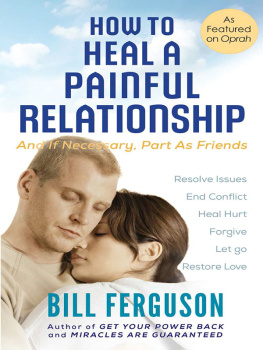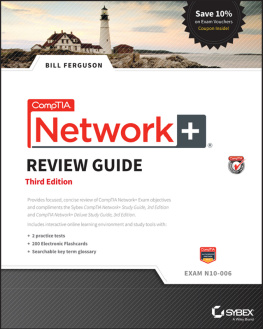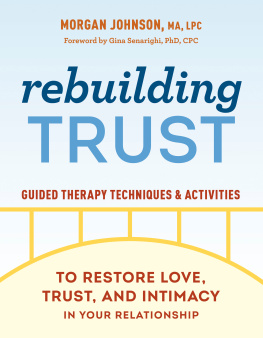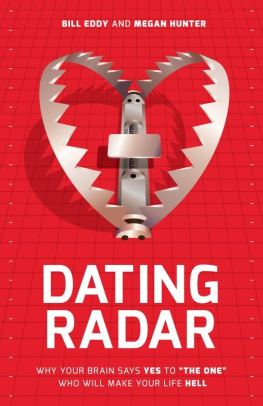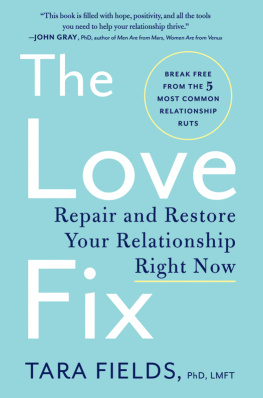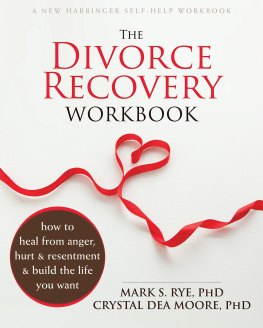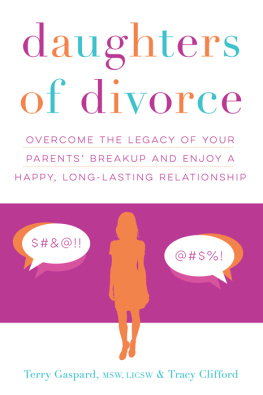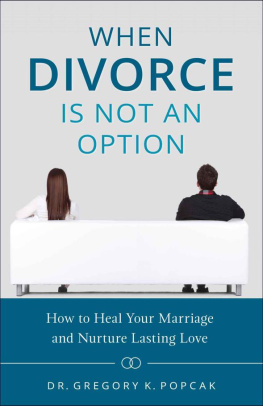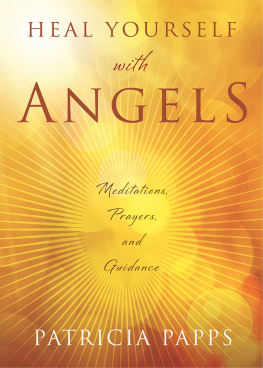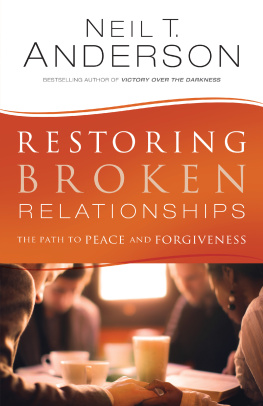

www.relationshipseminars.net
www.divorceasfriends.com
www.masteryoflife.com
Copyright 1999, 2008 by Bill Ferguson
Return to the Heart
P.O. Box 541813
Houston, Texas 77254
U.S.A.
(713) 520-5370
All rights reserved. No part of this book may be reproduced by any mechanical, photographic, or electronic process, or in the form of an audio recording, nor may it be stored in a retrieval system, transmitted, or otherwise be copied for public or private use without the written permission of the publisher.
Book design by Mark Gelotte www.markgelotte.com
Library of Congress Catalog
Card Number: 98-94052
ISBN 1-878410-25-3
ISBN: 9781878410467
Made in the United States of America
CONTENTS

CHAPTER 1
WHAT YOU DO NOW MAKES THE DIFFERENCE
Any relationship can heal. No matter how painful or destructive your relationship may be, it can now be restored. Sound impossible? Well, its not! Antagonism and defensiveness can be dissolved. Anger and resentment can be replaced with forgiveness and compassion. Conflict can turn into cooperation.
Maybe youll fall back in love and stay together in a way that works. Maybe youll need to go your separate ways. Whatever happens, you have the opportunity and ability to heal your relationship. You can be free of the hurt, the anger and the resentment.
The key to healing your relationship is you.
How you interact with the other person determines how that person will interact towards you. How you interact towards each other determines whether your relationship will be painful or supportive.
Once you discover your role in any disharmony, you can heal your relationship. Until this happens, you will forever be ineffective.
As a former divorce attorney, Ive worked with many couples whose relationships were painful and destructive. In each instance, the individuals involved were totally unaware of their role in the conflict.
By not being aware of their role in the conflict, there was nothing they could do to end it.
This is what happens in most relationships. We only notice what the other person does to us. We then treat the other person accordingly.
If we receive love and appreciation, well give love and appreciation. If we receive criticism and resentment, well give criticism and resentment. We call this giving people what they deserve.
The problem with this is that the other person is doing exactly the same thing. That person only notices what is received from you. Then that person treats you accordingly. Then you treat him or her accordingly.
When you treat each other based on how you get treated, there is no telling what will happen. Its like sailing with no one at the helm. When no one is in charge of the ship, your relationship is in big trouble. Youre likely to end up on the rocks.
Usually its just a matter of time until one of you gets upset. When you get upset, you automatically put up your walls of protection and either resist, attack or withdraw. Then the other person gets upset and does the same thing to you. Then you get more upset and react even more force-fully towards the other.
Without ever knowing, you create a cycle conflict, a cycle of resisting, attacking and withdrawing from each other. This cycle then goes on and on without either person ever noticing his or her role in the problem.
Sides get drawn and issues become something to fight over rather than something to resolve. Walls of protection get fortified and distance grows. The experience of love quickly fades away.
We hurt each other over and over, feeling fully justified for everything we do. Serious damage is done, and none of it is necessary.
If you want to heal your relationship and be free of the suffering, you need to end this cycle of conflict. You need to interact with the other person in a way that works.
Two people are required to create and maintain a cycle of conflict. Only one is needed to end it.
When you put the focus on you and your actions, you can put water on the fire instead of more fuel. You can interact in a way that gains cooperation instead of resentment. You can heal your relationship.
What you do today determines what will happen in your relationship tomorrow. Whether your relationship is painful or supportive is up to you.
E XAMPLE
Helen and Karl constantly argued with each other. Each had become very defensive and critical of the other. They were deep in the cycle of conflict.
When Karl came to my office, he was planning a separation and wanted some advice. Karl knew he had something to do with what was happening, but he didnt know what. All he could see was how Helen treated him.
As we talked, it became obvious that he wanted his relationship to work. He just didnt know how.
The more we visited, the more Karl saw what had happened in his relationship. He saw how much both he and Helen had hurt each other and how each of them had become defensive and resentful towards the other. He saw his role in the cycle of conflict.
I worked with him some more and showed him how to release his anger and resentment. I showed him how to be free of his hurt and restore the love in his relationship.
He was excited with the opportunity and went home to be with Helen.
As Karl applied the principles in this book, he noticed an immediate difference in his relationship.
With his new set of tools and with his anger and resentment gone, Karl was able to interact with Helen in a very different way. He treated her with love.
Helen started feeling safe around Karl. She dropped her defenses and became more understanding and accepting. The arguing stopped.
As time went on, Helen and Karl appreciated each other more and more. They treated each other with love and respect.
By learning how to heal his relationship, Karl was able to end the fighting and restore the love. Now he has a relationship that works, and so can you.
A CTION T O T AKE
- Look at your relationship and find the cycle of conflict: the cycle of resisting, attacking and withdrawing from each other.
- Notice the pain and frustration that comes from this cycle. Notice how painful this cycle of conflict can be.
- Notice that you have something to do with what happens in your relationship. Find your role in the conflict.
- Ask yourself these questions: Are you willing to be free of the cycle of conflict? Are you willing to heal your relationship and have it be supportive, whether you live together or apart? Are you willing to learn how?

CHAPTER 2
PUT THE FOCUS ON HAVING YOUR RELATIONSHIP WORK
Once you establish an intimate relationship with someone, you will have a relationship with that person for the rest of your life. This is true whether you live together or apart. Even if you move to the North Pole, a part of the other person will still be with you.
To the extent your relationship is supportive, your life will be more enjoyable and more productive. To the extent you have conflict, you will suffer.
You will get upset any time you are with the person or even think about the person. You will become tense and frustrated. You will lose your happiness, your energy and your peace of mind.
Next page
